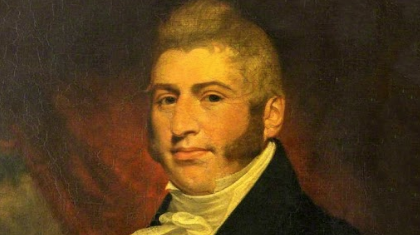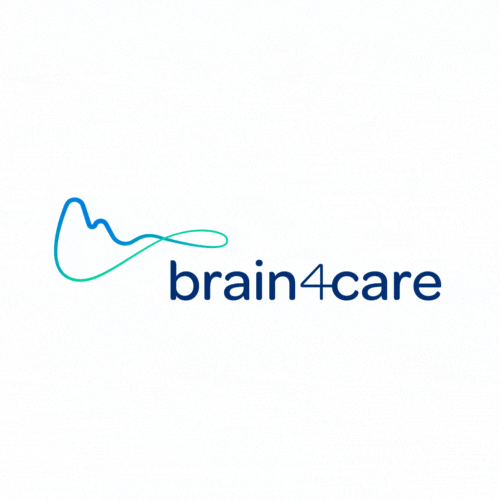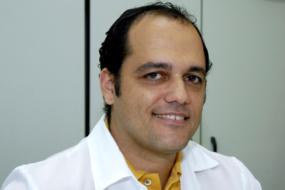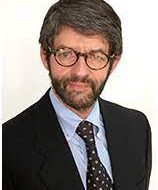
A pioneer in writing medical records, Scots consolidated the Monro-Kellie Doctrine; former surgeon also acted as a philosopher and philanthropist

Born in Aberdeen, Scotland, John Abercrombie (10/10/1780 – 11/14/1844) graduated for the first time at age 15, earning the title of Master of Arts. At age 23, he completed a medical degree in Edinburgh and then graduated from St George’s Hospital in London. Upon returning to Edinburgh, he was admitted as a member of the Royal College of Surgeons.
In 1805, Abercrombie was appointed surgeon to the Royal Public Dispensary, Scotland’s first free hospital—the entity serving the poor and providing general practice experience to apprentices in medicine. In 1824 he became a member of the Royal College of Physicians and was accredited as Edinburgh’s leading physician at the time.
Detailed and multifaceted
Abercrombie divided the city of Edinburgh into sectors and assigned its medical students and apprentices to work in them. In this way, she initiated a system of systematic training for interns. Another pioneering approach was the creation of medical records, reporting the history of each patient. These records originated two books, released in 1828, both with international recognition and repercussion, being later translated into French and German in several editions, including the North American one.
The first of them, “Pathological and Practical Research on Diseases of the Brain and Spinal Cord”, is considered the first medical treatise on neuropathology. The second, “Diseases of the Stomach, Intestine, Liver and other viscera of the Abdomen”, described for the first time the symptoms and signs of perforated duodenal ulcer – another innovation, considering the difficulty of the time, prior to endoscopy, radiology or even abdominal surgery , in correlating clinical and pathological characteristics.
Intracranial pressure
Abercrombie also confirmed, through a monograph released in 1828, the bases of the scientific hypothesis known as the Monro-Kellie Doctrine, concerning intracranial pressure (ICP), formulated in 1783 by also Scottish surgeons Alexander Monro and his disciple George Kellie, and revised only in the 21st century.
Repeating Kellie’s experiments, Abercrombie performed experiments involving total bleeding of animals — and pointed out that if a small opening were made in the skull, the brain would bleed like other organs. This finding consolidated the Monro-Kellie Doctrine.
Philosophy and Philanthropy
In addition to medicine and pathology, Abercrombie also pursued topics such as philosophy and religion. A Christian and the son of a reverend, he wrote in 1830 ‘Inquiries into Intellectual Powers and the Investigation of Truth’; in 1833, following on from the previous work, he released ‘A Philosophy of Moral Sentiments’ — both works achieved great repercussion at the time. In 1835 he wrote “The Man of Faith: Or The Harmony of Christian Faith and Christian Character,” a work distributed free of charge. Generous throughout his life, he contributed to the Medical Missionary Society of Edinburgh.
Recognition
His consulting practice attracted patients from all over the British Isles and foreigners. His abilities were recognized by his appointment by King George IV as the King’s ordinary physician in Scotland. In addition, he was elected Dean of Marischal College and University, Aberdeen, and the University of Oxford awarded him the honorary degree of MD (Doctor of Medicine).
Abercrombie was elected a member of the Royal Academy of Medicine of France and Vice President of the Royal Society of Edinburgh. After his death in 1844, his family donated their library of over 900 books to the Royal College of Surgeons in Edinburgh, while his extensive documents were donated to the library of the Royal College of Physicians in Edinburgh.
Sources
Wikipedia
ResearchGate
CARDIM, D. A. Characterization of intracranial pressure behavior by minimally invasive and invasive monitoring methods in the experimental model of pilocarpine epilepsy. Dissertation presented to the Interinstitutional Graduate Program in Physiological Sciences UFSCar/UNESP. São Carlos, 2014.





